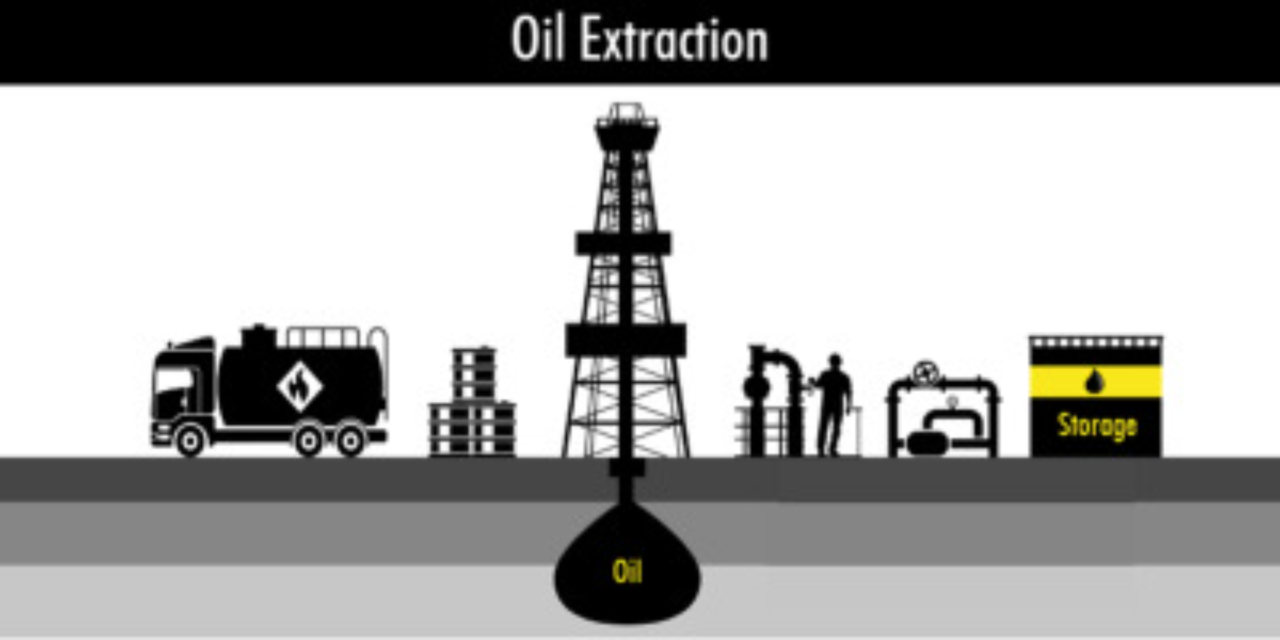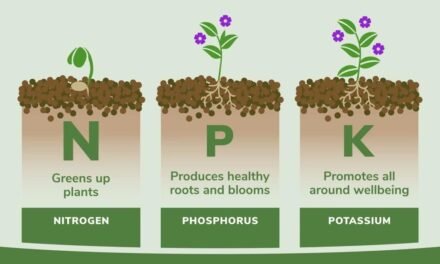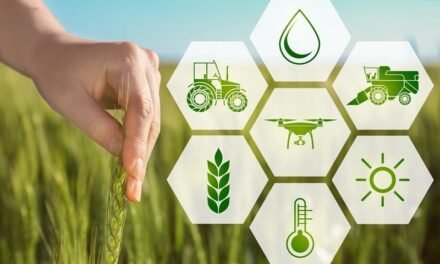Oil extraction processes can have significant environmental impacts, depending on the method used. Here are some key ways these processes affect the environment:
1. Deforestation and Habitat Destruction
- Impact: Large-scale oil extraction, particularly for palm oil, soy, and oilseeds, often requires clearing forests. This leads to habitat loss, threatening biodiversity, and contributing to the destruction of ecosystems.
2. Soil and Water Pollution
- Impact: Chemicals used in oil extraction, such as solvents and pesticides, can leach into soil and water systems. Improper disposal of waste or runoff from extraction sites can contaminate nearby ecosystems, harming aquatic life and soil health.
3. Greenhouse Gas Emissions
- Impact: Oil extraction, particularly from tropical regions, can release carbon stored in forests and peatlands. This process contributes to the release of greenhouse gases, accelerating climate change.
4. Water Usage
- Impact: Oil extraction processes require large amounts of water, which can stress local water supplies, especially in water-scarce regions. Additionally, wastewater from the extraction process can pollute freshwater sources.
5. Energy Consumption
- Impact: The energy required for oil extraction, refining, and transportation often comes from fossil fuels, increasing carbon emissions and contributing to global warming.
6. Waste Generation
- Impact: Oil extraction generates waste by-products like pressed seeds or pulp, which, if not properly managed, can lead to environmental pollution.
7. Soil Erosion
- Impact: The clearing of land for oil crops can lead to soil erosion, particularly in regions where forested areas are converted into large-scale plantations.
8. Chemical Residues
- Impact: In solvent-based extraction methods, residual chemicals may remain in the environment, potentially causing contamination of soil, water, and air.
9. Loss of Biodiversity
- Impact: The conversion of natural landscapes to monoculture plantations for oil crops, such as palm oil or soy, reduces biodiversity and disrupts local ecosystems.
10. Impact of Oil Palm Plantations
- Impact: Palm oil production often involves draining wetlands and converting forests, which significantly impacts local wildlife and increases the risk of flooding.
These impacts highlight the environmental challenges associated with oil extraction, underscoring the importance of sustainable practices in this industry.









